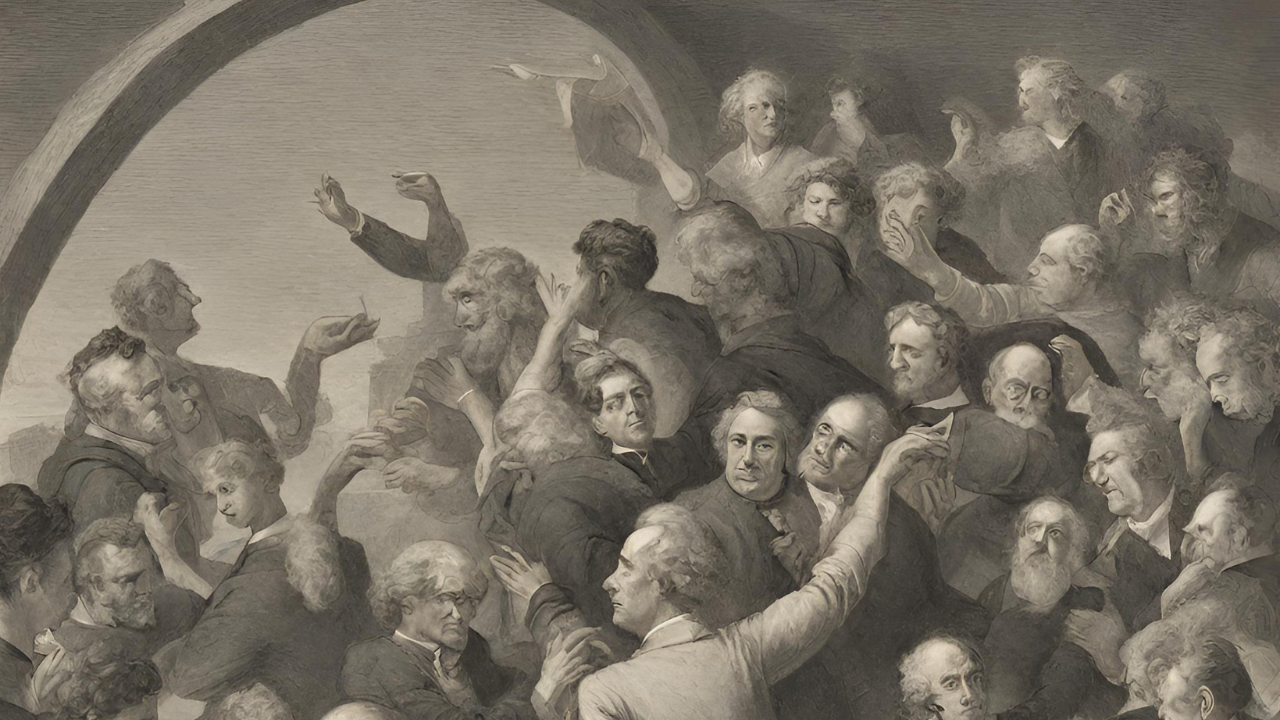All Content
All Content
link to article Susan Haack Abstract Apparently equating the question of whether expert testimony is reliable with the question of whether it is genuinely scientific, [...]
Link to Video summary Retired engineer, scientist, and frequent CrossFit.com rest-day discussion participant Jeff Glassman talks with Tony Budding about argument, logic, science, and his reasons for [...]
originally published on crossfit.com Jeff Glassman Part I A model is a container of Modern Science (empirical science, excluding Post Modern [Popperian or academic] Science, [...]
link to book David Stove summary Popper and After: Four Modern Irrationalists is a book about irrationalism by the philosopher David Stove. First published by [...]
link to book David Stove summary Little known outside his native Australia, David Stove was one of the most illuminating and brilliant philo-sophical essayists of [...]
link to book Roger Kimball Summary Do you believe that there is more scientific knowledge now than there was in 1901? Unless you are mad, [...]
link to book James Franklin summary To scientists, the tsunami of relativism, scepticism, and postmodernism that washed through the humanities in the twentieth century was [...]
link to book William Briggs summary If you are an Expert, professional, bureaucrat, teacher, professor, Democrat or Republican, liberal, progressive or conservative, consider yourself in [...]

